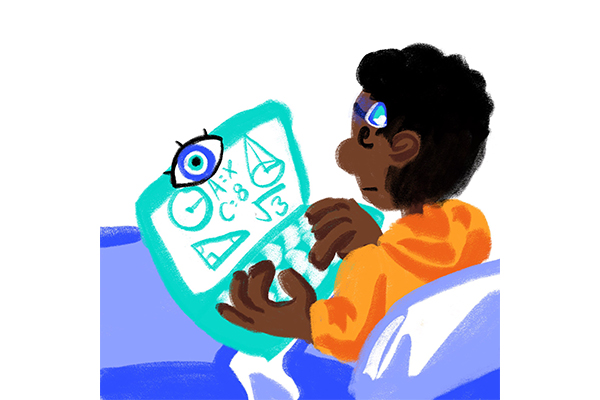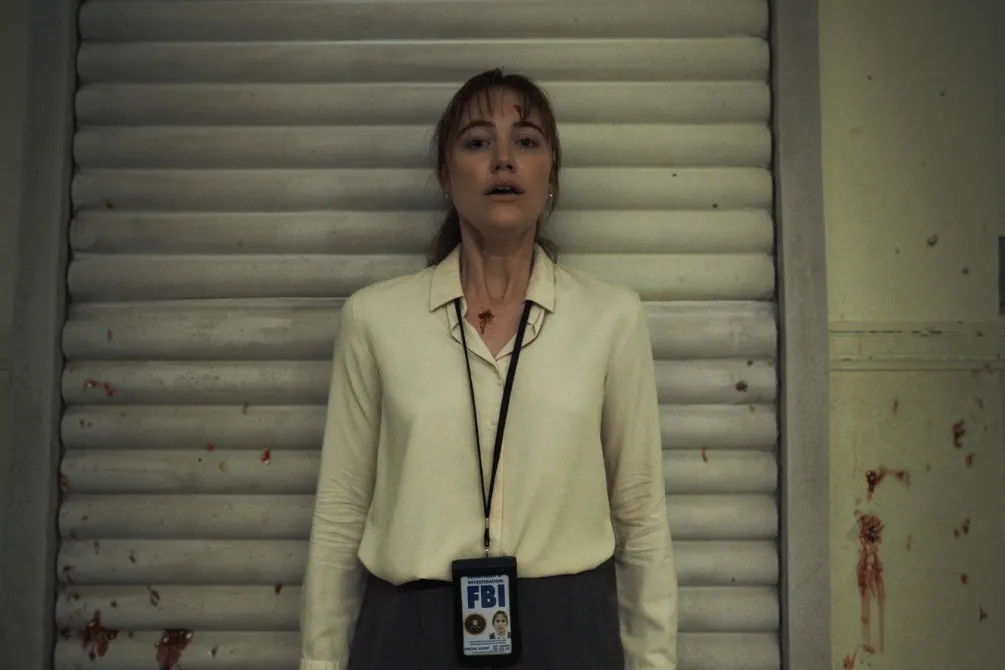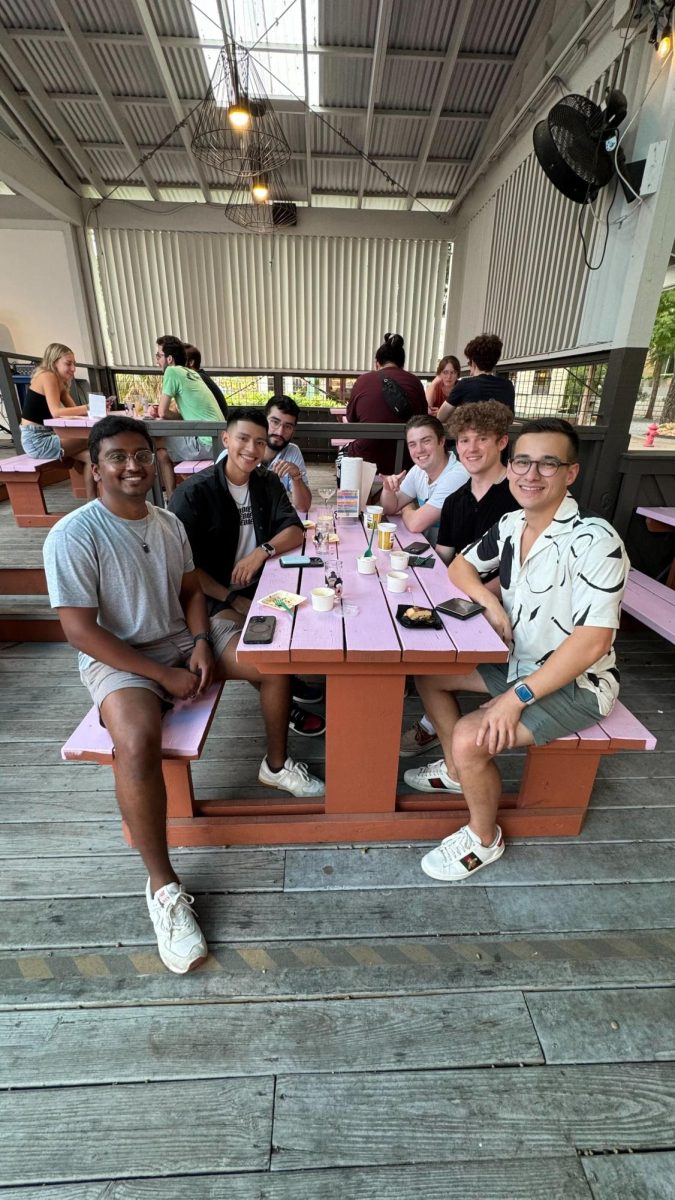As professors search for ways to remotely offer exams while still encouraging academic honesty, the digital software Proctorio has become widely implemented at UT.
Proctorio was designed to be easily installed through a Google Chrome extension, but some students and faculty have concerns about their privacy.
Psychology sophomore Isabella Martinez said she was initially startled by Proctorio’s specific pre-exam requirements, including access to her laptop’s webcam, microphone and desktop.
“Having the camera and the microphone on made (my laptop) overheat and made the program overall pretty slow,” Martinez said. “I had a few network disconnections, and overall (Proctorio) made me feel more anxious about my test.”
Martinez said Proctorio will shut down the exam if the Wi-Fi is disconnected for a certain amount of time, affecting test scores for students who don’t have access to stable Wi-Fi connections.
Religious studies professor Brent Landau decided to use Proctorio in the fall semester of 2019 but is no longer using the platform.
“Sometimes, almost two thirds of the 200-person class runs into problems,” Landau said. “They were doing everything that Proctorio instructed, but they still weren’t able to access the exam.”
Once the exam begins, the program monitors student activity to ensure the student is not cheating. Neuroscience junior Brandon Thint said Proctorio will ask the student to swivel their webcam around the room if it detects something out of the ordinary.
“Not everyone can stand up and swivel (the computer) around because of disabilities,” Thint said. “People who have test-taking anxieties (have to take the test) knowing every single movement and sound is being monitored.”
Many students are currently taking classes from home surrounded by family, which can make finding a quiet place to take an exam challenging.
“If (my younger siblings) were to come into my room and try to ask me a question, (Proctorio) might register that as me looking over at my notebook,” Martinez said.
Proctorio CEO Mike Olsen said Proctorio doesn’t control the testing experience. Instead, professors are given the flexibility to choose what testing precautions are enabled.
“(Professors) can go all the way and turn on webcams and microphones,” Olsen said. “We give this spectrum that they can choose the options for.”
Landau said he chose to forgo Proctorio’s additional features offered for remote proctoring. Instead, he said he only used the program to offer his students a digital exam they took while sitting in his classroom.
“I definitely don't want to create a situation where students have more stress around exams than usual,” Landau said. “I wouldn’t ever want to use software that is tracking their every move.”
Martinez’s professor chose to enable the webcam for her exam and the program asked her to scan the camera around her study space.
“I had to show the room I was in, which had a bunch of my family’s personal belongings in it,” Martinez said. “That made me feel a little weird because I’m not sure whose hands that might end up in.”
Although Proctorio records students taking their exams through the webcam, Olsen said only a university controls access to the footage.
“(Proctorio) can’t look at it or decode it,” Olsen said. “We simply just transfer and store it. When (the university) wants to view it, they can access it.”
Thint said his biggest issue with Proctorio is that professors have access to the footage because UT has several professors under investigation for sexual misconduct.
“Saying that professors would have access to the camera recordings is something I really do not think many UT students would feel comfortable with,” Thint said.
Compared to other proctoring services, Olsen said Proctorio is unique because they do not allow faculty to download the video footage. Instead, faculty can only view it through Canvas using a specific browser extension.
“(The browser extension) locks their ability to select the footage and copy paste it so we can keep faculty from stealing the recordings,” Olsen said.
Ultimately, Thint said professors intent on giving exams have options besides Proctorio, such as take-home exams. Although he said this isn’t ideal for professors, students are struggling enough without having to worry about being mistaken for cheating.
“I feel like it's basically getting to a point where it's putting more of emphasis on distrust of the student versus trying to just keep them accountable,” Thint said.















